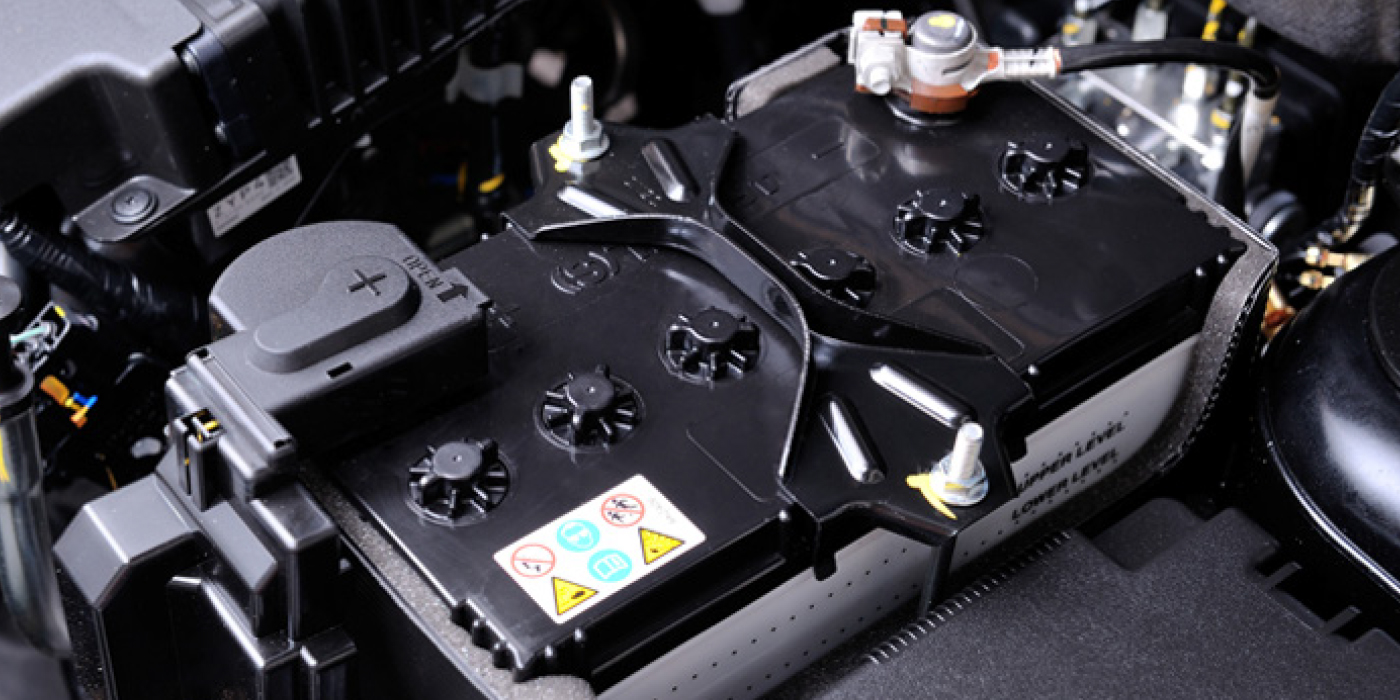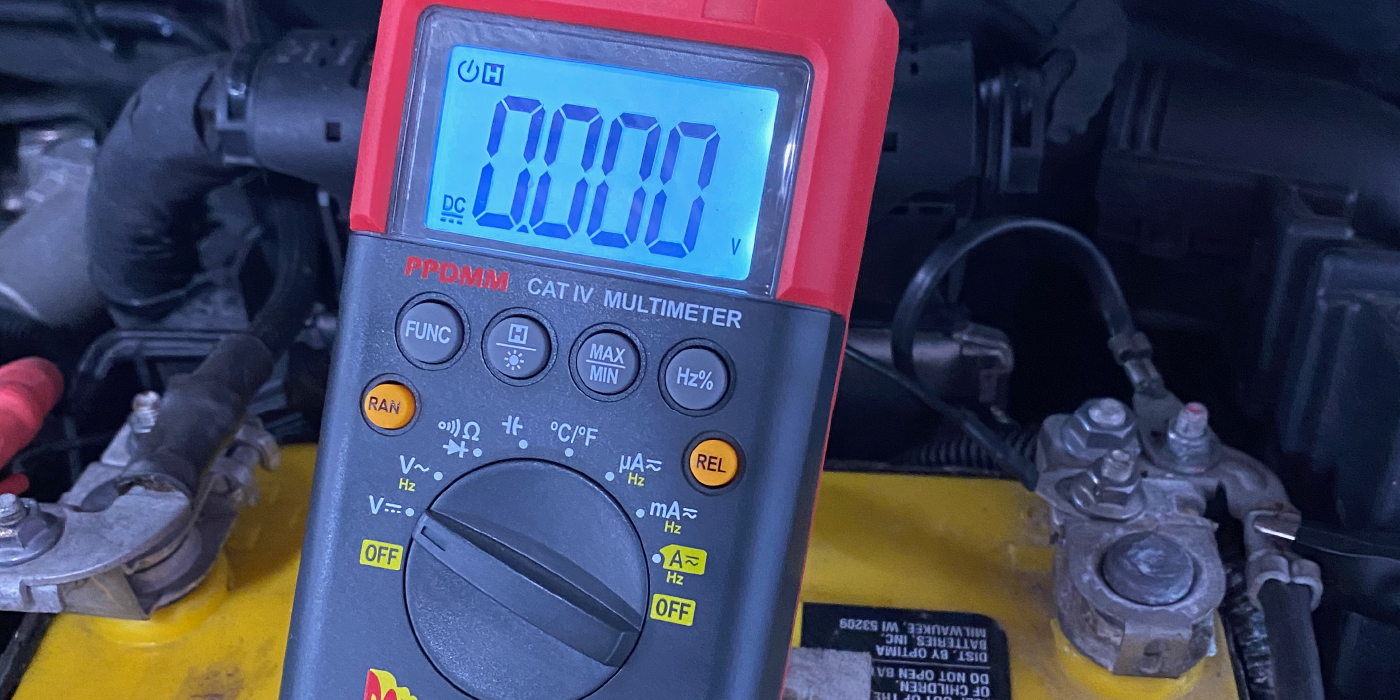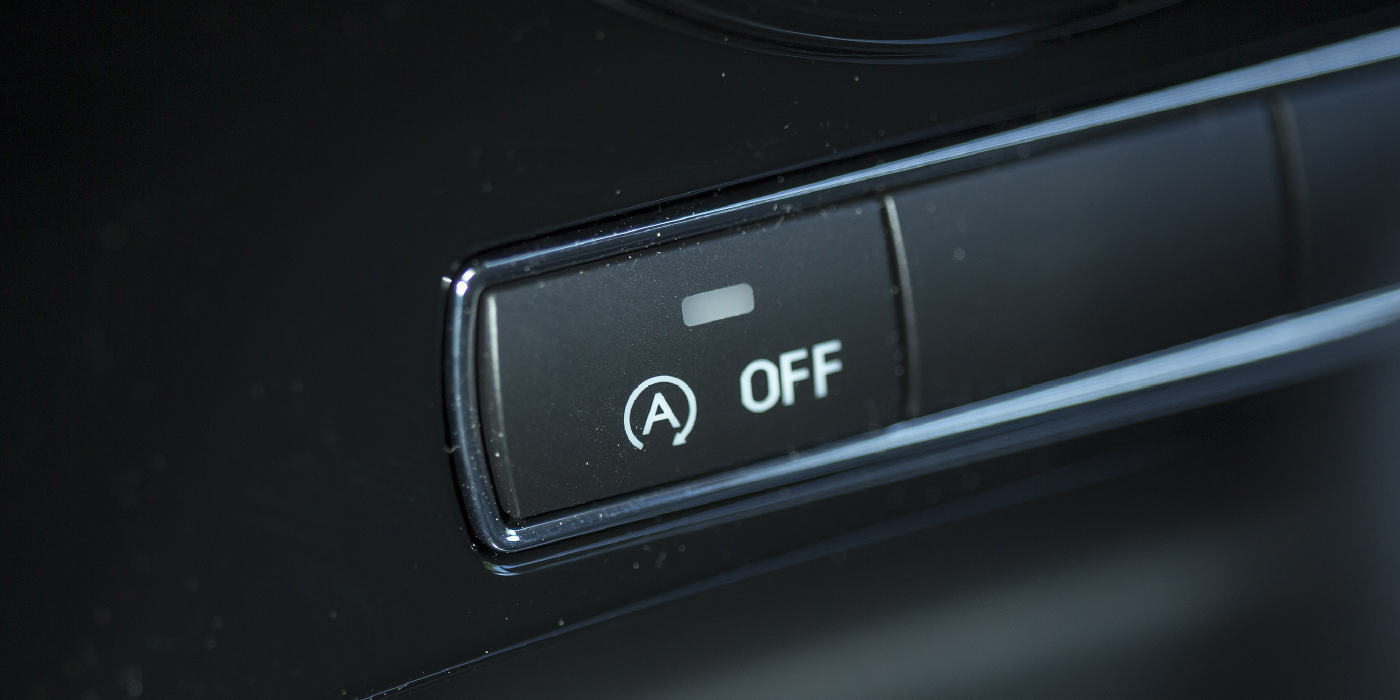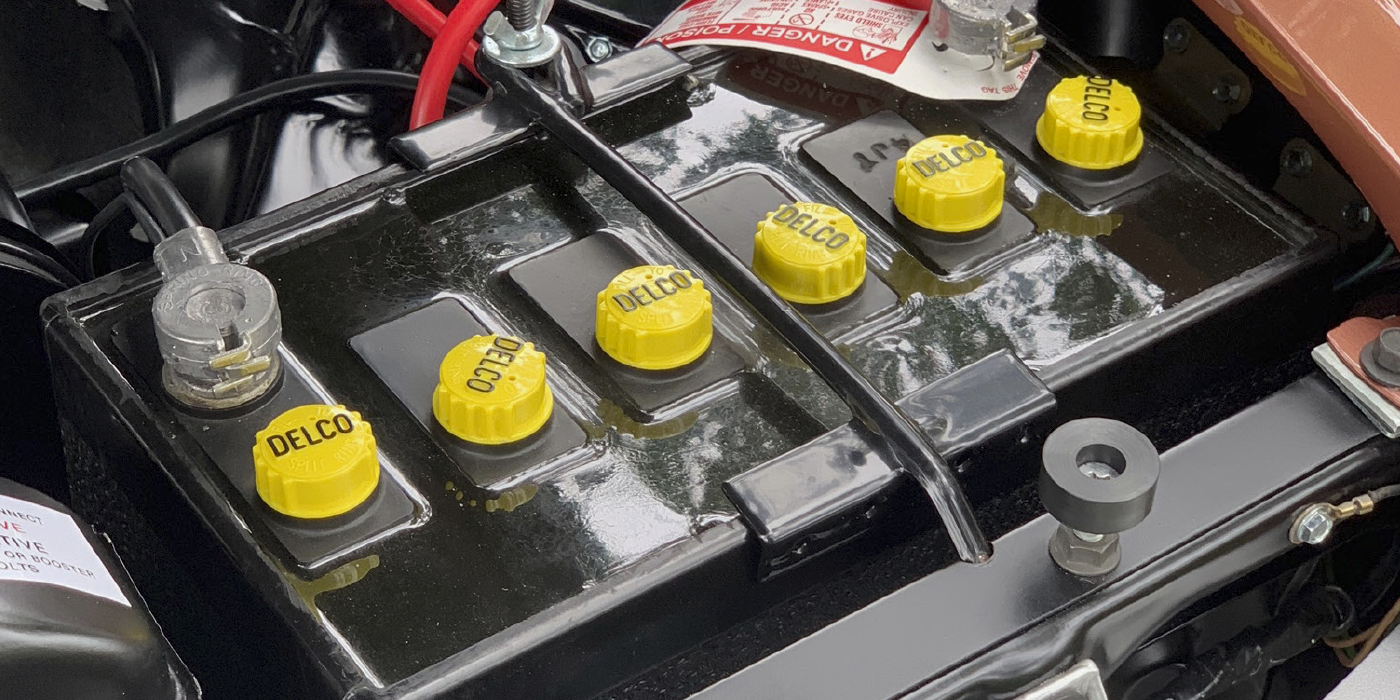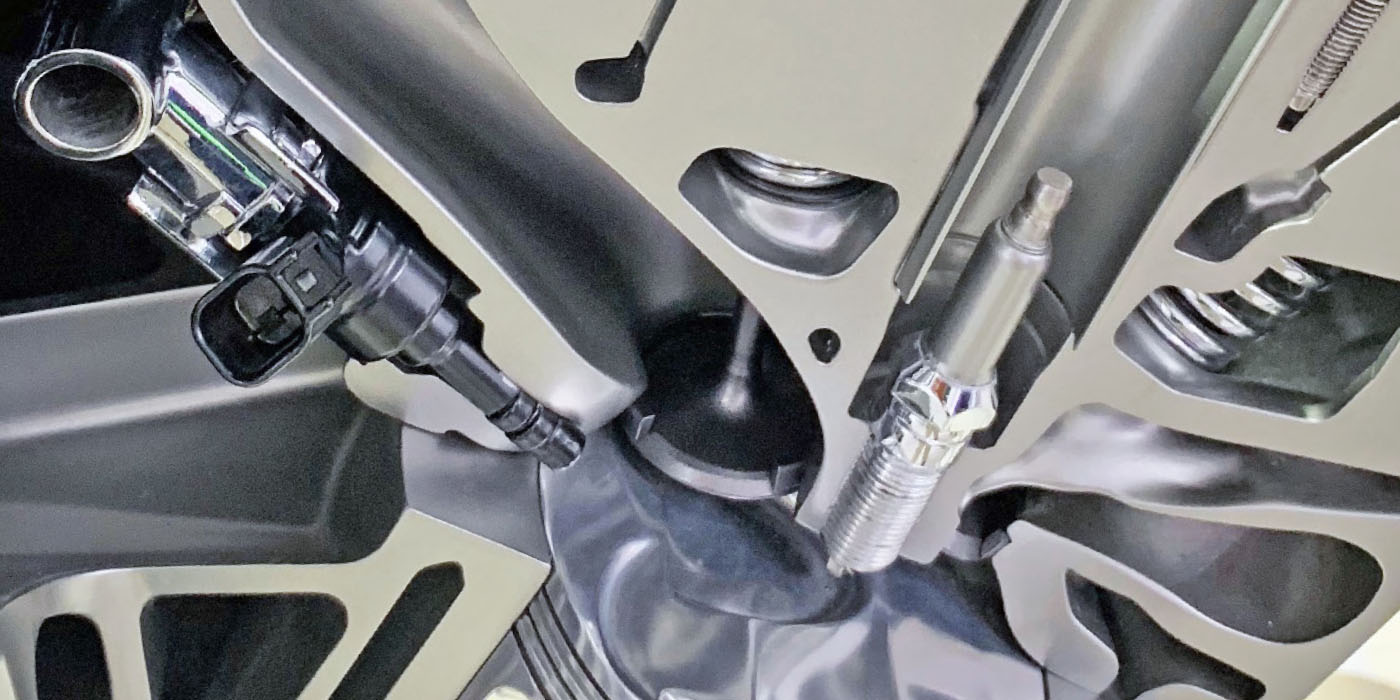A web forum or internet message board can be a great thing. Just imagine like-minded people coming together to discuss problems and solutions on the internet. But, sometimes it is like a bar without any alcohol, and some patrons manage to talk loudly and become “know it alls.” Web forums can be a powerful tool that can educate and drive change in the industry. It is a chance to create a community that is not limited by distance or demographics. There is one web forum visited by a lot of technicians that is starting to become a little stale because some posters have to be the loudest and smartest person.
A lot of technicians and shop owners use this website that is one of the greatest resources of technical information in the industry. Without this resource, many vehicles would probably never be repaired properly. It is a great repository of information that has been created not by the OEMs, but by the humble technician. This website is one of the greatest achievements in the automotive repair industry.
But, when it comes to forums on industry issues and business management, it tends to become pissing match to see who can make longest post that has little or no value to the industry. I am not saying that the forums in general do not have any value anymore, it is just you have to sift through endless posts and replies from a few individuals.
To the casual observer, it appears that they spend more time posting on web forums about than actually doing something in the real world about the problems. I like to call these people “forum junkies.” Every community has them, and they can be the death of a forum.
I am not advocating banishing these people, just that they need to follow six simple rules of “netiquette.”
No more trolling. What is a troll? It’s a person who posts something which is bound to stir people up and then they sit back and watch as dozens of people jump in and start arguing.
Generally, they will do anything it takes to get attention. Trolling is further considered one of two things. Either continual running a topic into the ground incessantly, or dragging up old arguments against a specific topic confronting the automotive repair industry.
Lately, there has been a lot of trolling on the right to repair issue by non-technicians. While this is a critical issue to the industry, some of these posters are just re-hashing the same stuff over and over. Also, the same people are replying to the same topics over and over.
Be brief. This is one of the most important rules of netiquette. When a poster does not get to the point in a relatively short number of words, chances are that the reader will move on the next post.
You may have a really good point, but if you bury it under a mound of extra information it can be lost to a lot of people. Most of us have only so many hours in the day to look at the forums. As Shakespeare put it, “Brevity is the soul of wit.”
Stay on topic. This is a simple rule that a lot of posters fail to understand. Also, if your topic is a rehash of old stuff, don’t post it.
Avoid appearing self-absorbed. One should respond to topics started by others more often than starting topics of their own. If you feel complied to write something about yourself, start a blog — www.blogger.com can get you started with a free blog.
TURN OFF THE CAPS LOCK! Using all capitols is the equivalent to screaming while typing. I know that there are some of you out there that leave the caps lock on to save time from having to decide what should be capitalized, but what you might be typing may come out totally wrong when read.
Be civil. Some forum junkies have good intentions; they feel a certain sense of pride and ownership. But, some times it comes across as arrogance when they reply to a less experienced poster.
I am a true believer in the power of these web forums. The comments, stories and advice posted on these forums give our industry a unique voice.

